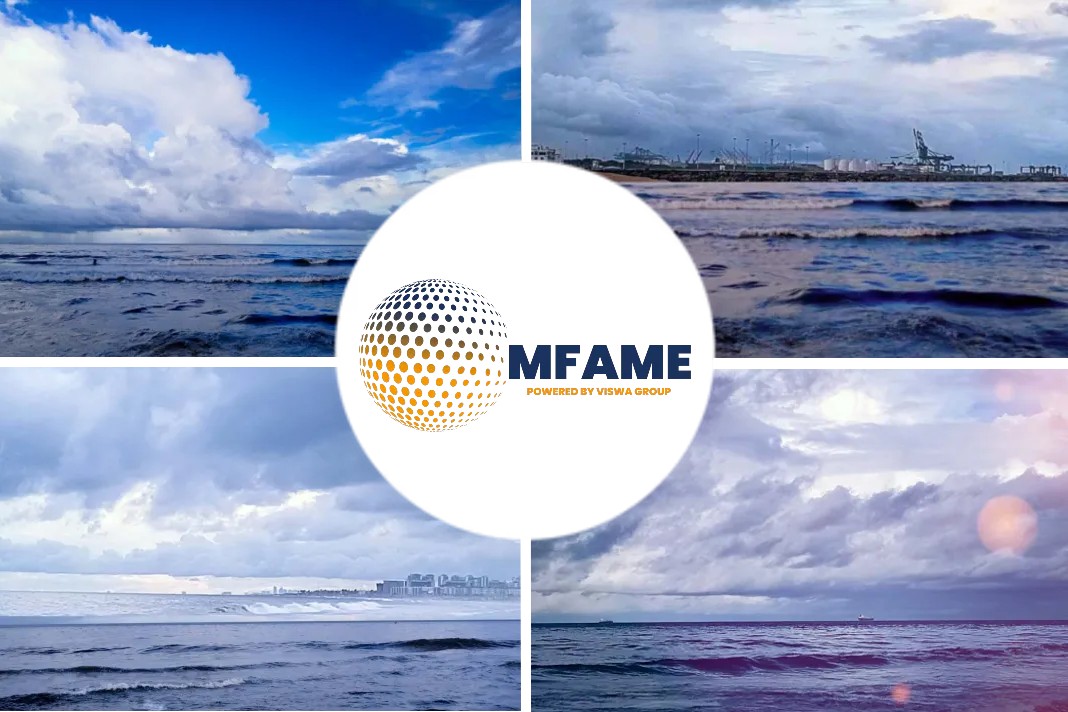Scheduled to commence operations in April 2018, the integration of Japan’s “Big 3” container lines – MOL, NYK and “K” Line – is a project of “monumental significance,” MOL President and CEO Junichiro Ikeda said in his annual message to employees.
Mitsui O.S.K. Lines (MOL) President and CEO Junichiro Ikeda is predicting a “return to profitability” in 2017 and beyond for the Japanese ocean carrier despite the horrendous losses suffered throughout the container shipping industry in 2016.
“In the business environment surrounding the shipping industry, although the market, bunker prices, and foreign exchange are holding relatively steady, the market is at risk of unexpected volatility,” Ikeda said in his annual message to employees. “Changes in the trade structure, which we recognize as slow trade, and moves toward protectionism are also major concerns. However, we are well positioned to deliver profits this fiscal year and beyond, through execution of our newly-established management plan.”
Ikeda noted the importance of a smooth and successful combination of the container shipping businesses of Japan’s “Big 3” ocean carriers – MOL, Nippon Yusen Kabushiki Kaisha (NYK Line), and Kawasaki Kisen Kaisha (“K” Line) – scheduled to commence joint operations in April 2018.
“The integration of the containership operations of Japan’s three largest shipping companies is a project of monumental significance,” he said. “We definitely need all hands on deck to pursue this project, treating it as our very own core business. We must spare no effort to make the project profitable.”
“This is a crucial moment,” he added. “Don’t let it slip by.”
In order to accomplish these goals, MOL must make fundamental changes in its approach to strategic investment, Ikeda said.
“Our existing businesses face major upheaval in the business environment,” he said. “In this climate, we must recognize that our conventional approach to investment, based at times on a tendency to focus on balancing investments among our existing businesses, is no longer viable.”
“From now on, we must work to reshape our business portfolio. This will be done by carefully selecting business domains and projects where we have competitive advantages, and preferentially allocating our capital and human resources to each of these areas.”
Ikeda implored MOL employees to aim toward a better understanding of the unique and constantly evolving needs of its shipper customers.
“Our customers’ needs are becoming more and more diversified and sophisticated,” he said.
“To be selected as their best partner will require more than just price competitiveness. It will require deep insight into customer concerns and the ability to provide solutions other companies cannot match.”
“Differentiation will be absolutely essential,” he added. “We will be unable to rise above the competition unless we become a truly strong and resilient enterprise.”
MOL last week acquired a 20.9 percent stake in Malaysia’s PKT Logistics Group for an undisclosed price, and took delivery of the 20,170-TEU MOL Triumph, now the largest containership in the world by capacity.
Did you subscribe for our daily newsletter?
It’s Free! Click here to Subscribe!
Source: MOL


























